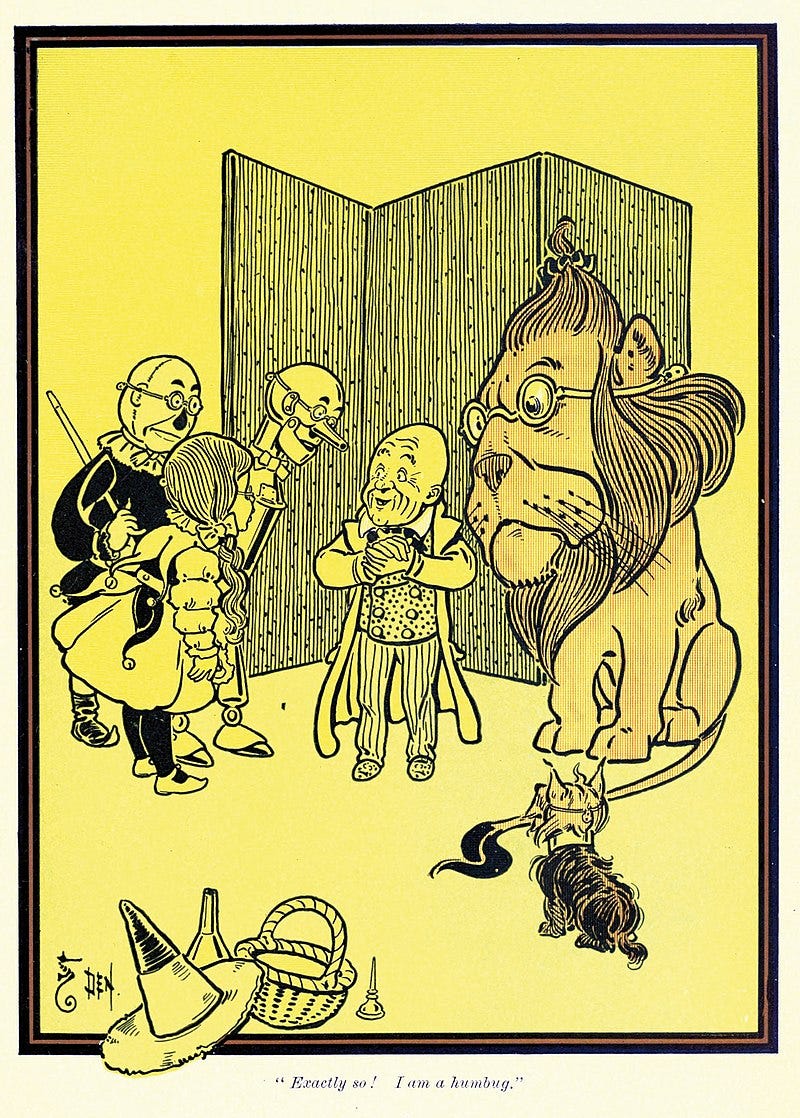Some years ago I began to notice that my college freshmen had all gotten a very strange idea. They had been taught that one must never begin a sentence with our Word of the Week, because. I have no idea where their teachers came up with this one. It is like alligators in the Manhattan sewers, or aliens landing in Roswell. Some kook huddled in a condemned building says it, and all at once everybody “knows” it, though it is not in the slightest bit true.
There’s nothing special about the our Word of the Week, because. It’s a subordinating conjunction, like a hundred others. Any of them may begin a sentence – so long as it’s a sentence they are beginning. A sentence, whether it begins with because or if or since or although or whenever or while or whatever or whatever, requires a main clause. This is not a sentence:
Because I could not stop for death.
The above is not a sentence, because it lacks a main clause. It’s only a subordinate clause. It needs to be subordinate to something, but there’s nothing there, nothing that gives a context to it so that it can mean something. Let Emily Dickinson supply a main clause:
Because I could not stop for death, he kindly stopped for me.
Or, maybe, if you’re being chased by a hungry wolf:
Because I would not stop for death, I shinnied up a tree.
Or if you just can’t put a rein on your spending:
Because I never stopped for debt, My debt caught up with me: The summons was for just ourselves And my insolvency.
The “rule” that some teachers have promulgated, besides being in itself utterly absurd, reveals something about all the other grammatical rules and “rules” that our students learn (or “learn”). That is, since grammar is no longer taught systematically, as a coherent discipline that makes sense of how we make sense, it disintegrates into a set of arbitrary directives, some of them incorrect at that, each separate from the other, without rhyme or reason. It is why I say that, unless they’ve studied Latin or German, none of my college freshmen has been taught grammar.
In any case, why would you want to begin a sentence with because? Well, you might want to emphasize the main clause, leaving it to the end, if that contains the idea you are going to develop. That’s what Emily Dickinson wanted to do; she wanted to focus on Death’s stopping by to give her a ride. But maybe you want to emphasize the material in the subordinate clause. Then you will probably place it after the main clause, like this:
We’re off to see the Wizard,
The wonderful Wizard of Oz!
We hear he is a whiz of a wiz
If ever a wiz there was!
If ever if ever a wiz there was
The Wizard of Oz is one because
Because because because because BECAUSE --
Because of the wonderful things he does!
We’re off to see the Wizard,
The wonderful Wizard of Oz!
Word & Song is an online magazine devoted to reclaiming the good, the beautiful, and the true. We publish six essays each week, on words, classic hymn, poems, films, and popular songs, as well a weekly podcast, alternately Poetry Aloud or Anthony Esolen Speaks. To support this project, please join us as a free or paid subscriber.













